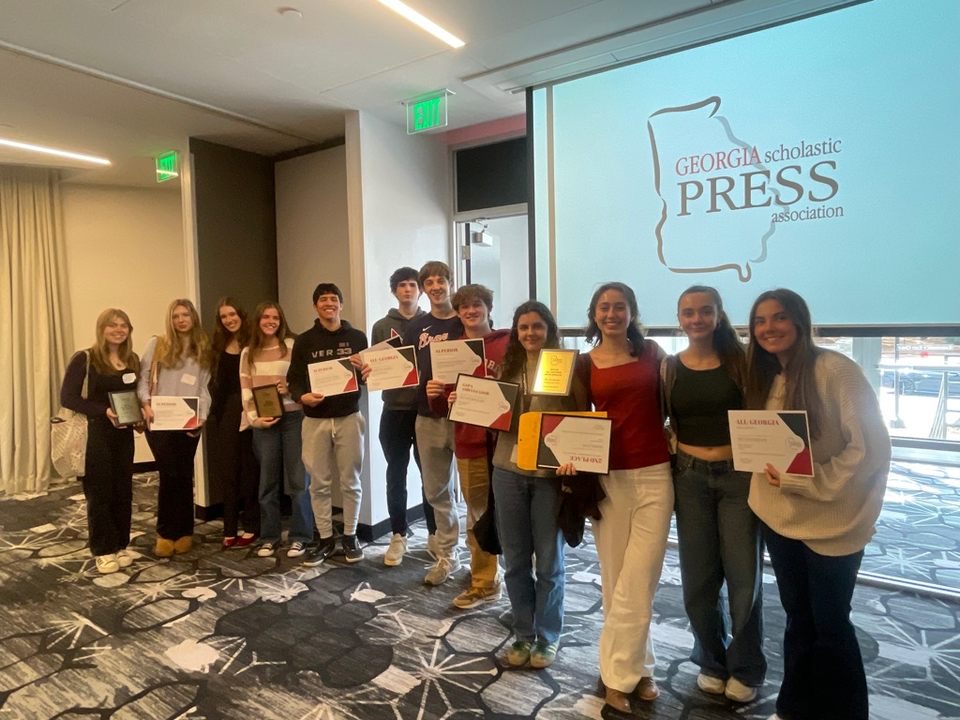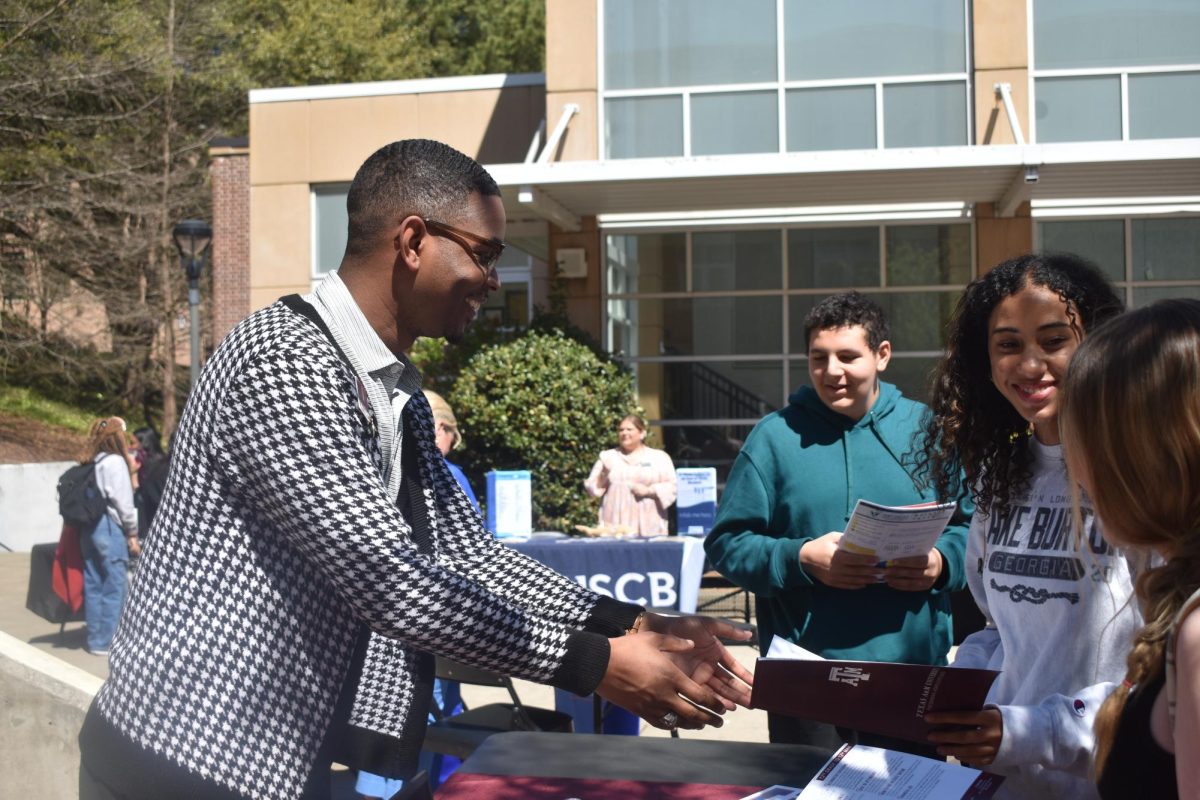
The “no interns” policy instated this year has resulted in backlash in a variety of forms from teachers. Though some teachers understand the rationale for the new policy, many have found it to be unjustified. Some teachers have changed their classes, while others violate the interns ban or look for ways to reform the internship program.
When the internship program was under scrutiny last year, a group of teachers and administrators implemented strict guidelines for interns that were outlined in a contract drafted by calculus and statistics teacher Andrew Nichols. The guidelines set criteria for eligibility as well as the total number of interns allowed, but Nichols said they were not properly enforced. Since then, several teachers have proposed a selection process based upon an application, which considers teacher recommendations, GPA, disciplinary records and attendance records.
History teacher Mary Van Atta proposed a plan in an email to the staff in which each academy would get one or two interns to meet its administrative needs. She proposed the academy leaders be held responsible for ensuring that interns complete assignments. Biology teacher Nicolai Curtis, however, pointed out that there could be difficulty divvying up responsibility for the interns among the academy teachers.
Van Atta said a benefit of reinstatement could be the integration of the intern program with the JobCorp or co-op programs, and that it could be part of a senior’s Career Technical Education requirement for his or her academy, which is a program required under Georgia’s Race to the Top plan. Many teachers agree the internship program was a good way for students to obtain some practical experience, which is an objective of the CTE requirements.
Marketing teacher James Dunton, who supervises the work-based learning program, wasn’t so sure about the plausibility of all internships, rather than just the few internships in the main office and discipline office, receiving credit under the umbrella of the work-based learning program.
“I feel like it’s only a temporary solution in that only 20 percent of work-based learning students are allowed to be in nonpaid internships,” Dunton said.
Teachers have had to make adjustments to deal with the work they formerly directed to their interns.
“I cannot accomplish everything that I need to do in order to get the job done. I found [interns] not just helpful, but necessary,” Van Atta said.
Chemistry and physics teacher Gabangaye Gcabashe agrees interns are helpful, but does not think they are necessary. He remembers about six years ago when there were no interns, and teachers were able to manage without them.
Art and photo teacher Dawn Wadsworth said her interns last year performed a myriad of tasks such as maintaining cameras, cleaning art supplies, mixing photo chemicals, processing film, organizing the dark room, doing inventory and researching supplies.
Wadsworth said she has had to spend more of her time doing the administrative tasks her interns used to do, rather than planning lessons and grading work for her classes.
Other teachers have found ways to adapt to the policy. Nichols, for example, relied heavily on several interns last year to grade assignments, but has since adjusted his grading system. He now grades students on a standards-based grading system, with which he evaluates the progress and proficiency of students pursuant to specific College Board standards. He no longer collects homework and often conducts oral reading checks.
“It puts more responsibility on the student to track and manage their own learning process,” Nichols said. “It’s also given me the opportunity to work more closely with students one-on-one.”
The drawbacks of the new system, however, are linked to its strengths.
“Because more responsibility is placed on the students, if that student does not take the responsibility seriously, then a student can end up with a lower grade than maybe they would have under a more traditional grading system,” Nichols said.
As a response to the policy, a teacher who wished to remain anonymous told The Southerner she has a secret senior “intern” who does the work of an intern, but receives credit under another another course name.
“[Having a secret intern] was the best solution for [us],” she said. “This way, this senior can focus on their senior coursework and build some real project management experience while helping me stay prepared for each class.”
Nevertheless, some teachers want to see the program reinstated for the future.
“I think it could be developed into a program that has real applications for developing students’ skill sets so that they are more career and college ready,” Van Atta said. “At the same time, it can help teachers and administrators complete the tasks that we need to have done.” q









